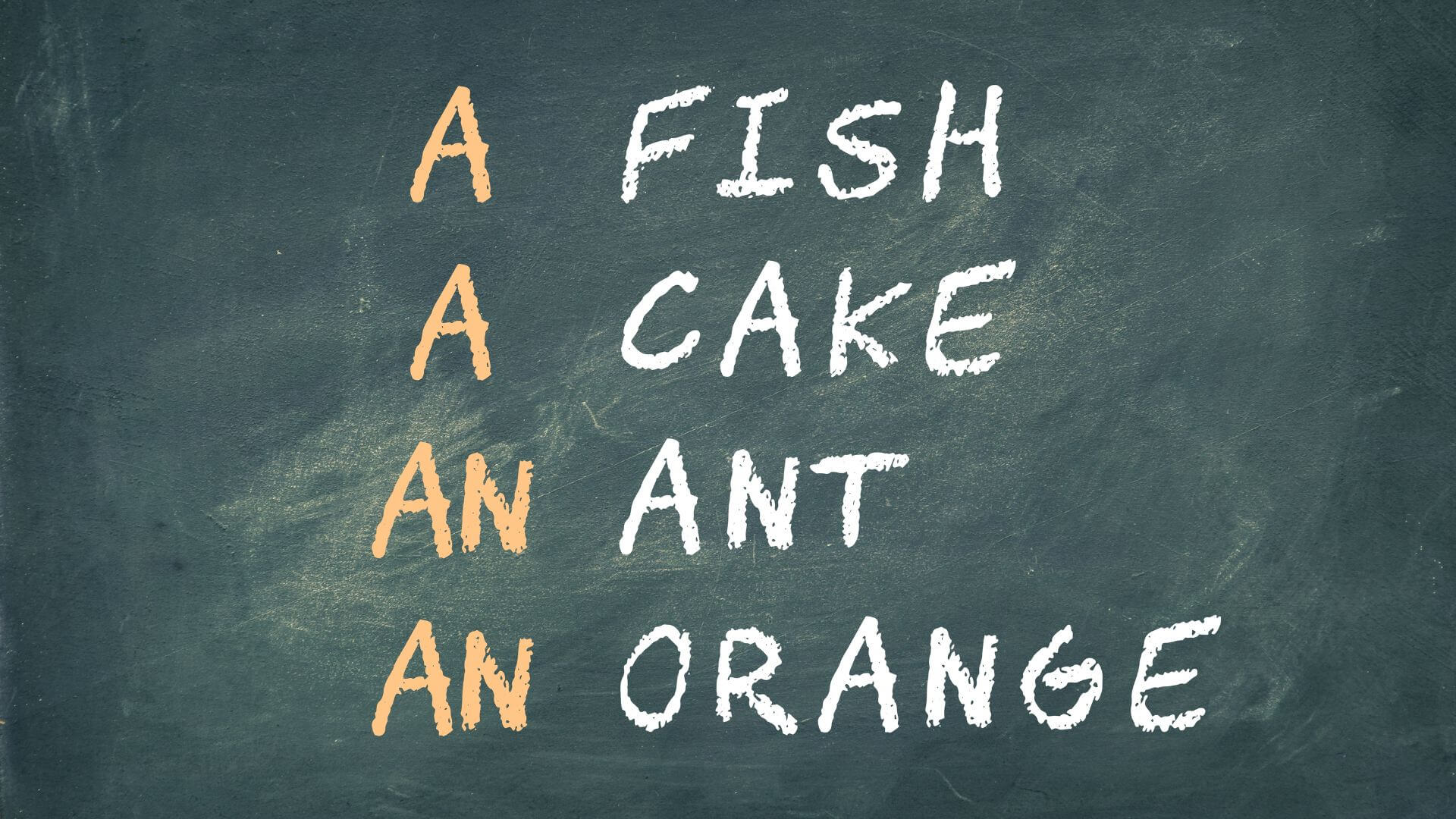
All You Need To Know About Nol Cards in Dubai
Nol cards are an important part of the RTA system in Dubai that ensures smooth public transport. Here’s a detailed guide to everything you need to know about RTA Nol cards.

Like our Post? Share Now!
During your English course, have you ever wondered why some words have an “s” at the end while others don’t? Well, wonder no more! Today, we’re diving into the fascinating world of singular and plural nouns. Don’t worry; we’ll keep it simple and fun, like our English class in Dubai. By the end of this blog, you’ll have a clear understanding of these essential language components that shape the way we communicate.
Before we delve into singular and plural nouns, let’s quickly refresh our memory about what nouns are. Nouns are words that represent people, places, things, or ideas. They’re the building blocks of sentences and help us identify and describe the world around us.
Imagine you have one cat, one book, or one bicycle. In each of these cases, you’re talking about a single item. That’s where singular nouns come into play! Singular nouns refer to one person, place, thing, or idea. For example:
Cat
Book
Bicycle
Idea
It’s important to note that most singular nouns in English do not have an “s” at the end. They stand alone as they are. So, when you talk about one cat, you say, “The cat is cute.” Notice how we didn’t add an “s” to “cat.”
Now, let’s jump into the exciting world of plural nouns. Plural nouns refer to more than one person, place, thing, or idea. To make a singular noun plural, we usually add an “s” or “es” to the end of the word. Here are some examples:
Cats
Books
Cities
Ideas
See the pattern? The “s” at the end of these nouns tells us that there’s more than one of them. So, if you have multiple cats, you’d say, “The cats are playing.” The “s” at the end of “cats” signals that there’s a group of them.
Irregular plural nouns are like the rebels of the noun world. They don’t follow the usual rules of adding an “s” to form plurals. Instead, they have their own unique transformations that make them stand out.
In the case of some irregular plurals, it’s a bit different and confusing. For example:
Tooth (singular) → Teeth (plural)
Foot (singular) → Feet (plural)
Person (singular) → People (plural)
Child (singular) → Children (plural)
Man (singular) → Men (plural)
Woman (singular) → Women (plural)
Mouse (singular) → Mice (plural)
In another case, plural nouns add an “es” instead of “s” to the end. These unique plurals might seem a bit puzzling, but they have their own rhythm. For example:
Box (singular) → Boxes (plural)
Potato (singular) → Potatoes (plural)
Bus (singular) → Buses (plural)
Church (singular) → Churches (plural)
Miss (singular) → Misses (plural)
In some cases, the plural nouns for words ending with “f” or “fe” ends with “ves,” such as:
Knife (singular) → Knives (plural)
Life (singular) → Lives (plural)
Leaf (singular) → Leaves (plural)
Thief (singular) → Thieves (plural)
Wife (singular) → Wives (plural)
These irregular plurals have unique forms that you’ll need to memorise. But don’t worry; they are few, and with practice, you’re well on your way to mastering the art of nouns in all their forms!
Lastly, we have collective nouns. These are nouns that refer to groups or collections of people, animals, or things. Collective nouns can be tricky because they can be singular or plural, depending on context. For example:
The team (singular) is playing well.
The team (plural) are all wearing matching jerseys.
In the first sentence, “team” is treated as a singular noun because we’re talking about the team as a whole. In the second sentence, “team” is plural because we’re referring to the individual members of the team.
You’ve just unlocked the mystery of singular and plural nouns! These essential components of language help us communicate effectively and accurately. Remember, singular nouns refer to one, while plural nouns refer to more than one. With a little practice and some awareness of exceptions through our English speaking course, you’ll be a noun expert. So, go ahead and impress your friends with your newfound knowledge of singular and plural nouns. Happy language learning!
Like what you read? We love to keep you updated about everything at ES. Check out our different courses, exciting facts about Dubai, news, updates, amazing success stories from us and much more.

Nol cards are an important part of the RTA system in Dubai that ensures smooth public transport. Here’s a detailed guide to everything you need to know about RTA Nol cards.

Articles are important in any sentence, and there are specific standard rules to use ‘a’, ‘an’, or ‘the’ in the correct places. Here’s a simple guide to understanding indefinite and definite articles.

Get ready to unravel the secrets of English grammar through an exciting journey to learn nouns. Nouns may seem like simple words, but they hold tremendous power in our language.
We don't say that,
At ES Dubai, we make studying English a fun and fascinating experience for every student. A family-like atmosphere in a culturally diverse community at our school is our asset. Our school will become your second home while you learn, discover, and enjoy Dubai.

We offer full time and part time English courses to international students.
15th, 34th, 36th Floors BB1 Mazaya Business Avenue, JLT, Dubai, UAE
5th floor, UOWD Building, Dubai Knowledge Park, Dubai, UAE
15th, 34th, 36th Floors BB1 Mazaya Business Avenue, JLT, Dubai, UAE
5th floor, UOWD Building, Dubai Knowledge Park, Dubai, UAE
marketing@esdubai.com
+971 4 398 2815
+971 52 701 4480